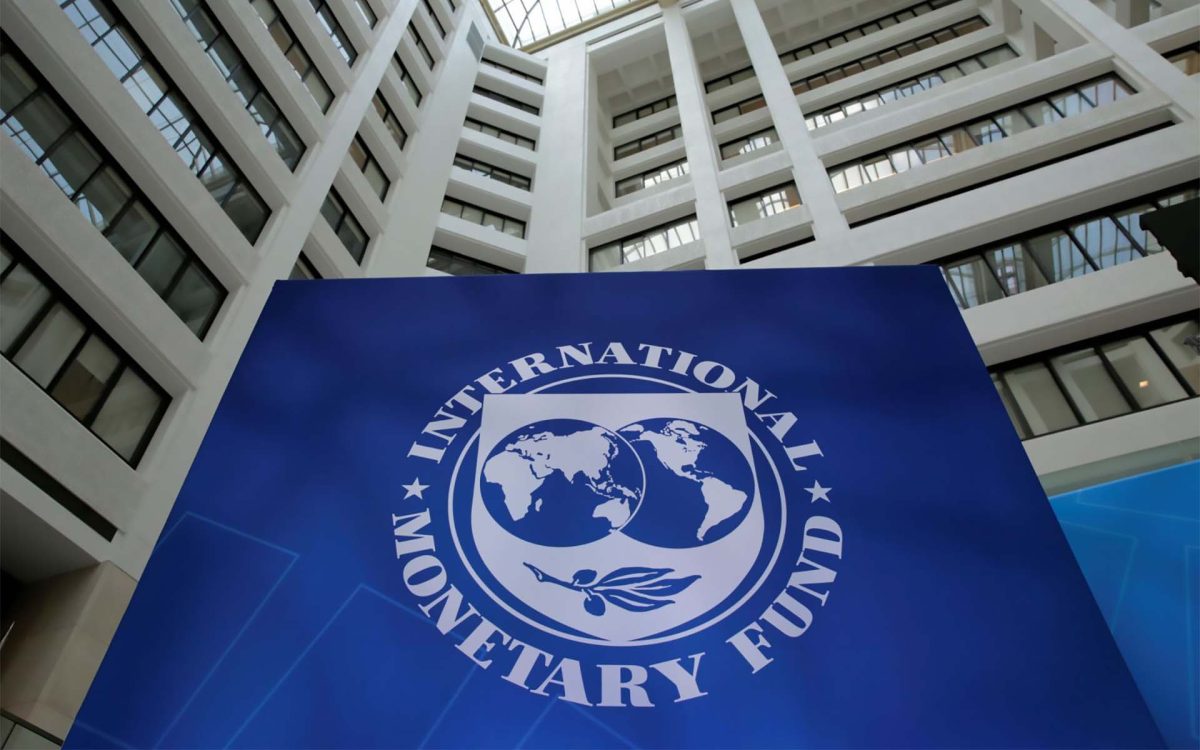IMF Projects Global Inflation to Decline Amid Economic Resilience
23.10.2024 19:00 1 min. read Alexander Stefanov
Global inflation is anticipated to decline to 3.5% by the end of 2025, largely due to a resilient global economy, as reported by the International Monetary Fund (IMF).
After reaching 9.4% in Q3 2022, inflation is nearing central bank targets, with growth projected to stabilize at 3.2% for 2024 and 2025.
This reduction could lower living costs and interest rates, benefiting risk assets like cryptocurrencies.
However, IMF Chief Economist Pierre-Olivier Gourinchas warned of potential risks from geopolitical tensions, especially in the Middle East, and uncertainties surrounding the U.S. presidential election.
Despite positive forecasts, the IMF called for policy reforms related to interest rates, government spending, and productivity to sustain growth. While the U.S. is expected to lead growth, advanced economies in Europe may experience slowdowns due to escalating global conflicts.
In contrast, billionaire hedge fund manager Paul Tudor Jones expressed concerns about rising inflation, citing the U.S. government’s significant debt and projected fiscal deficits. He suggested that inflating out of debt, similar to Japan’s strategy, might be necessary to address spending issues and avoid financial instability.
-
1
U.S. PCE Inflation Rises for First Time Since February, Fed Rate Cut Likely Delayed
27.06.2025 18:00 1 min. read -
2
Key U.S. Economic Events to Watch Next Week
06.07.2025 19:00 2 min. read -
3
Gold Beats U.S. Stock Market Over 25 Years, Even With Dividends Included
13.07.2025 15:00 1 min. read -
4
U.S. Announces Sweeping New Tariffs on 30+ Countries
12.07.2025 16:30 2 min. read -
5
US Inflation Heats Up in June, Fueling Uncertainty Around Fed Cuts
15.07.2025 16:15 2 min. read
US Inflation Heats Up in June, Fueling Uncertainty Around Fed Cuts
U.S. inflation accelerated in June, dealing a potential setback to expectations of imminent Federal Reserve rate cuts.
Gold Beats U.S. Stock Market Over 25 Years, Even With Dividends Included
In a surprising long-term performance shift, gold has officially outpaced the U.S. stock market over the past 25 years—dividends included.
U.S. Announces Sweeping New Tariffs on 30+ Countries
The United States has rolled out a broad set of new import tariffs this week, targeting over 30 countries and economic blocs in a sharp escalation of its trade protection measures, according to list from WatcherGuru.
Key U.S. Economic Events to Watch Next Week
After a week of record-setting gains in U.S. markets, investors are shifting focus to a quieter yet crucial stretch of macroeconomic developments.
-
1
U.S. PCE Inflation Rises for First Time Since February, Fed Rate Cut Likely Delayed
27.06.2025 18:00 1 min. read -
2
Key U.S. Economic Events to Watch Next Week
06.07.2025 19:00 2 min. read -
3
Gold Beats U.S. Stock Market Over 25 Years, Even With Dividends Included
13.07.2025 15:00 1 min. read -
4
U.S. Announces Sweeping New Tariffs on 30+ Countries
12.07.2025 16:30 2 min. read -
5
US Inflation Heats Up in June, Fueling Uncertainty Around Fed Cuts
15.07.2025 16:15 2 min. read


